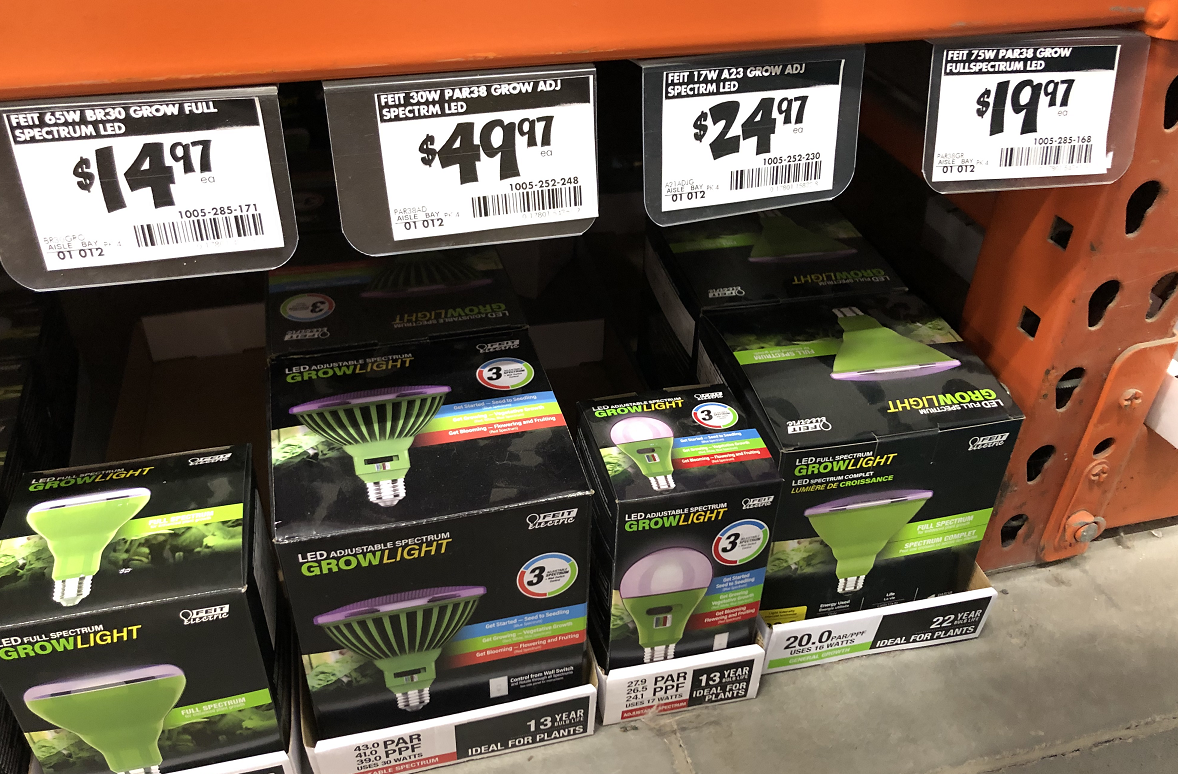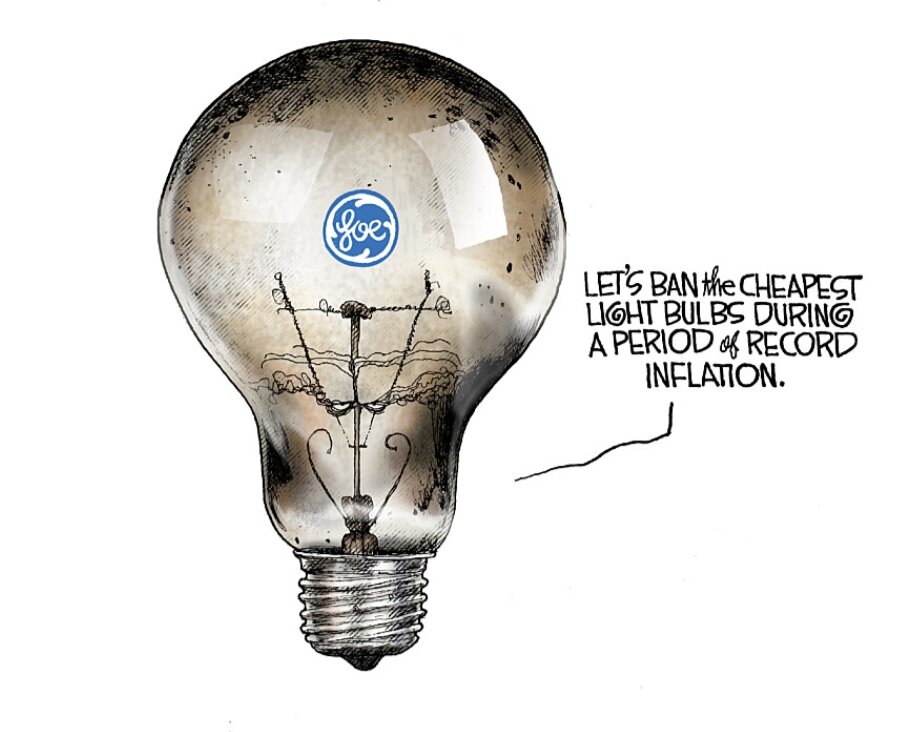what voltage is your electricity ?
people with 120V power might have a ground issue, an intermittent connection might make 240V spikes
people with 240V electricity already don't seem to have this issue as they are not dependent on the ground connection.
other issues can happen, but that is the big one to look at first.
Say 'loose neutral' to a decent electrician and they'll know what to do. Not uncommon but light bulbs won't be the only problem, usually it's the whole house. If they fail with any regularity I'd track down what circuit they are on. Once I did have an electrician come back to me and tell me my suggestion was helpful; renovated house loaded with LED fixtures that blinked like crazy. Not all of them, only the recently added. When you put in a sub panel the neutral (ground
ed wire) isn't bonded to the box the way the ground
ing wire is. The neutral bar is isolated with a non-conductive standoff. There's usually a long green machine screw included that can run through the neutral bar and bite into the steel box to bond it. Some people just put it in to use up the parts supplied. Mistake - the neutral-ground bond happens only once at the supply source or at building entrance. That's why it comes off the pole with three wires but after the first means of disconnect becomes four with an insulated white neutral.
So the green screw jammie made the lights freak out. Why ? Who the hell knows exactly but removing it fixed it. I'd be looking at the bare grounding conductor from the meter pan to the driven rod(s)- the bugs that attach it to the rods corrode. I also run a #6 or a #4 AWG green wire ( 100 amp & 200 amp panels respectively) to the water meter if there is a municipal supply. S.O.P. Also need an LED compatible dimmer if there is one involved.
Remember them talking about the Saturn V rockets or the Space Shuttles as they sat there awaiting liftoff? If only .001% parts failed it's a still big list. LED bulbs are cheap mass produced items that statistically will fail at a certain rate. I've had a few fail but nowhere near the rate of the incandescent.
Only other super rare thing I've heard of is some claim that LEDs interfere with their garage door openers. They do make a special and expensive LED bulb for that. I dunno. Been using two A15 LED bulbs in mine for years without issue.


